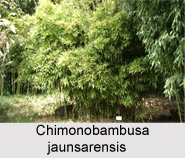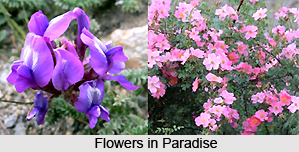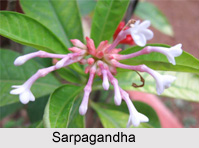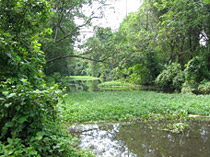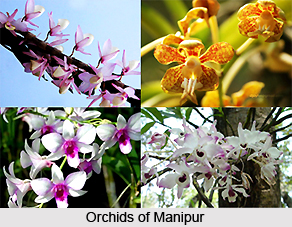Indian senna is a tiny, thicket-like herb. The leaves of this plant possess 5 to 8 pairs of leaflets, with awl-shaped, fanning out or asymmetrical basal outgrowths. The plant has flower in racemes, i.e., florescence on which flowers are birthed, and extensively quadrilateral and somewhat twisted pods.
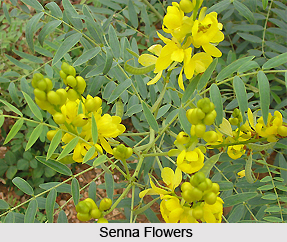 Methods of usage
Methods of usage
Indian senna arrests everybody`s attention by effectively curing constipation, intestinal worms, skin agitations, gout, rheumatism, also serving as a laxative.
Healing Power and Medicinal Properties of Indian senna
Indian senna is efficacious as a harmless laxative for ejecting intestinal worms.
Constipation cured by Indian senna
Senna leaves suffice as a trusted and effectual purgative, even for children, frail and senior individuals. They may induce nausea and colic, if not consumed with aromatics like ginger, cloves, dill, fennel, coriander, orange rind or liquorice. Senna pods too can be used as a laxative but are balmier and slower in action compared to the leaves.
Intestinal Worms cured by Indian senna
Senna can be used as an anthelmentic for obliterating intestinal worms.
Skin Disorders healed by Indian senna
A paste of the dried leaves prepared with vinegar as a basal can be used for acne, eczema and pimples.
Other Diseases healed by Indian senna
Senna leaves are also effectual in biliousness, gout and rheumatism, if dispensed in the similar manner like constipation.
Preparation and Doses - The leaves can be administered as an infusion, decoction, powder or concoction. One of the best preparations is made by instilling 60 grams of the leaves and 4 grams of ginger in approximately half a litre of water in a covered vessel for 15 minutes. Approximately 15 to 30 grams of this infusion should be consumed with hot milk and sugar. Another method of having the leaves is to instill a dozen leaves in 60 ml of water nightlong. The sieved liquid should then be consumed in the morning in an unfilled stomach.
In case of pods, an extract made of 4 to 12 pods in 240 ml of water can be administered to adults. For children and the elderly, the infusion must be prepared from 3 to 6 pods.
Precaution - The sennosides in senna are purgative. Like all anthraquinones, they afitate the bowel wall, energising excretion. Ceaseless use of this herb is not suggested, because the body can easily grow dependent on it. The cure must not be used in cases of convulsive or spasmodic constipation. Likewise, it should not be given in inflammatory conditions of the alimentary tract, fever, piles and in case of unwarranted blood loss during menstruation.
